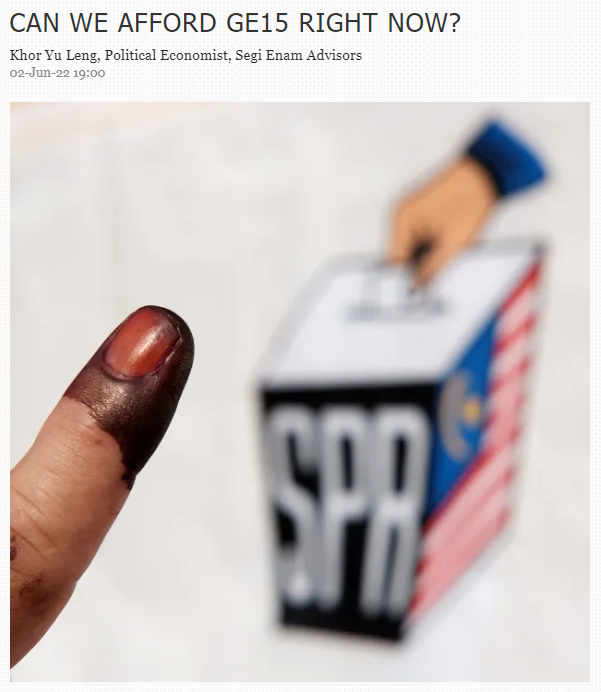Following the previous post on Malaysia, Singapore, and the Chicken Problem - Part #1 late last week, here are our thoughts and observations on the matter.
Observations. The aspect I know a bit more about is for Malaysia, it seems clear that producing chickens for the domestic market at the target price is/was loss making per bird. The government was looking at suggestions on palm-based chicken feed to help lower cost but that is unlikely as palm kernel expeller/cake/meal, while well established, is primarily used as feed for ruminants, mostly dairy cows. While the industry hope and experiments for wider use for chickens, that is still a work in progress.
(Inside story: policy analysts were a bit surprised that some plantations made this suggestions when, with basic research, it becomes obvious that palm material not an immediate solution).
Instead, the Malaysians went with a cash handout to B40s and buffer stock policy for now, as the mechanism to help poultry breeders seems uncertain no subsidy support plan has been announced. Governments are likely to be struggling with industries to supply export products to domestic consumers as the high international prices attract big volumes out. Export restrictions can tighten global/regional supply even more and distort export prices upward even more.
Another example is the cooking oil conundrum in Indonesia that has pitted their President against an alleged 'cooking oil mafia.' There is worry about a 'chicken cabal' in Malaysia. While politicians and policy makers figure out chicken suppliers, and with more money in the pocket, B40 consumers may have to find other proteins for their rice.
Further observations. Malaysia observers have noted that even the likes of KFC are resorting to selling more patties as fresh chicken is in acute shortage locally. They are not sure whether this issue can be easily resolved, as the government is still maintaining the price ceiling.
In the meantime, consumers in Singapore are not noticing chicken shortages. A banker friend told me: "We can get chicken everywhere, I just had a curry chicken toastie for lunch." Economists there are not worried about supplies at present, as Singapore can pay for chilled and frozen chickens from other nearby countries such as Thailand and further from Australia.










